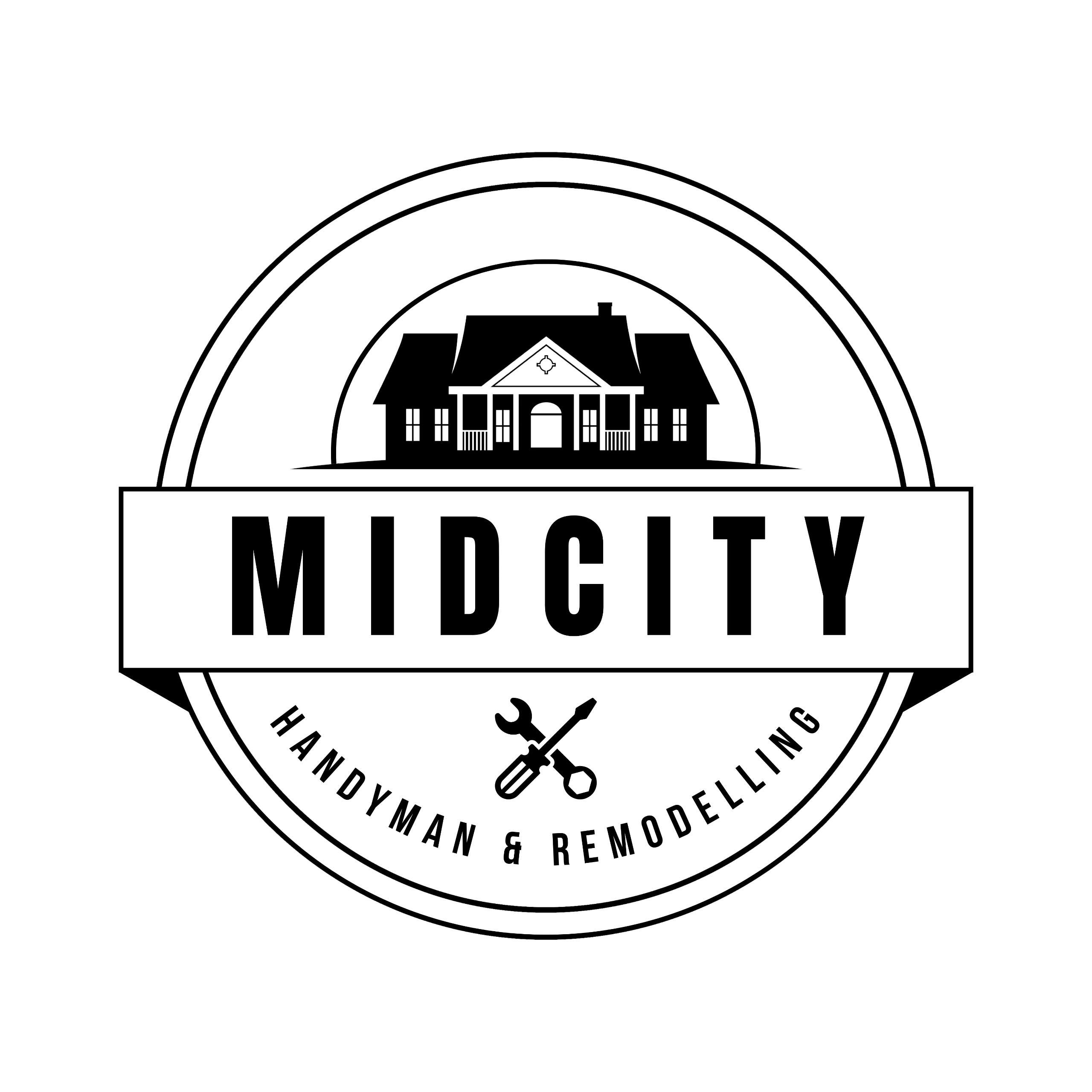Conflicts are a natural part of any workplace environment. Whether it’s a disagreement between colleagues, a misunderstanding between a manager and an employee, or a clash of personalities within a team, conflicts can arise for a variety of reasons. When left unresolved, these conflicts can escalate and negatively impact productivity, morale, and overall business success. This is where the role of Human Resources (HR) in conflict resolution becomes crucial.
One of the primary responsibilities of HR professionals is to create a positive and harmonious work environment. This includes developing policies and procedures to prevent conflicts from arising in the first place, as well as providing support and guidance to employees when conflicts do occur. HR plays a central role in facilitating open communication, mediating disputes, and finding solutions that are fair and equitable for all parties involved.
Human resources solutions for conflict resolution can take many forms. One common approach is to implement a formal grievance procedure that allows employees to raise concerns and resolve disputes through a structured process. This can help to ensure that conflicts are addressed in a timely and consistent manner, and that all parties have an opportunity to be heard.
In addition to formal grievance procedures, HR can also provide training and development opportunities to help employees build their conflict resolution skills. This might include workshops on effective communication, emotional intelligence, and negotiation techniques. By investing in the professional development of employees, HR can empower them to handle conflicts in a constructive and proactive manner.
Another important role of HR in conflict resolution is to act as a neutral third party mediator. When conflicts arise between employees, HR professionals can step in to facilitate a productive conversation, help parties identify underlying issues, and guide them towards finding a resolution. By remaining impartial and objective, HR can help to diffuse tensions and promote understanding between conflicting parties.
Furthermore, HR can also play a role in developing and implementing policies and practices that promote a culture of respect and collaboration. By fostering an inclusive and supportive work environment, HR can help to prevent conflicts from occurring in the first place. This might include promoting diversity and inclusion, encouraging open communication, and providing resources for employees to seek help and support when needed.
In conclusion, the role of HR in conflict resolution is vital for creating a positive and productive work environment. By implementing human resources solutions such as formal grievance procedures, conflict resolution training, and mediation services, HR professionals can help to prevent and resolve conflicts in a fair and efficient manner. By investing in conflict resolution strategies, organizations can promote a culture of collaboration, respect, and mutual understanding among employees, ultimately leading to greater success and fulfillment in the workplace.
For more information visit:
MidCity Handyman & Remodel
https://www.midcityhr.com/
716-477-5520
Medina, United States
Unleash the true potential of your workforce with MidCityHR.com. Our innovative solutions revolutionize the way you manage and optimize your human resources. Stay tuned to discover how we can take your business to the next level.


